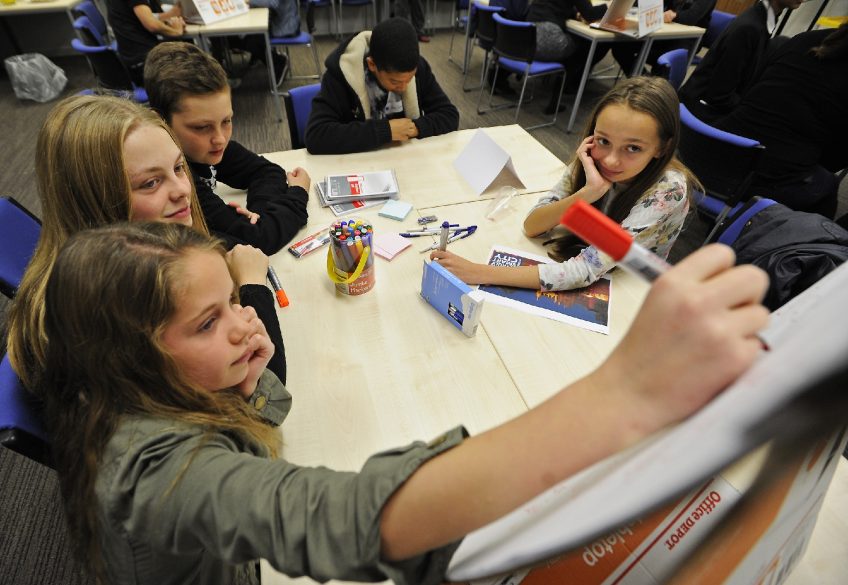blog

What does a Future City look like?
By definition, a city is a large human settlement; people are the very thing that make cities what they are.
Cities are a melting pot of people with various personalities, backgrounds and cultures. They thrive because of the great people living in them; their diverse communities; and their bustling industries.
Peterborough is the UK’s third fastest growing city by population, with 115 languages spoken across the urban area. Rather than look at these challenges as barriers to becoming a future and more sustainable city, we see our growth and diversity as one of our greatest assets.
Technology enabled places
There’s no doubt though that, for some, the idea of future cities evokes images of technology enabled places where cars are driverless, traffic lights are programmed to give priority to cyclists in wet weather and there’s no need for waste collection trucks because our homes are connected to a centralised city waste shoot. Internet of Things is no longer the latest trend, it’s becoming the norm. With incredible advancements in technology over the last few decades, the possibilities for technology-driven cities are boundless.
In mid-2015, plans for the world’s first smart city without humans was unveiled. A place where industry and academics could test new technologies and innovations without interference from people.
While technology is a wonderful thing and has certainly transformed our lives over the years, what we often forget is that behind all of this is a person with a great idea that is willing to make it happen. People are what make our cities smart! If we’re not building cities for people, who are we building them for?
A people centred city
Here in Peterborough we put people at the heart of our future city programme. With a multi-cultural population of 190,000, each of our citizens is unique in their own way and can offer something different and new. Peterborough DNA, our future cities programme for the city, has fully embraced that concept by putting people at the very centre of our work.
For example, our Innovation Challenge Fund and Test Bed Fund have allowed us to support the great ideas of 11 start-up businesses and SMEs in Peterborough. Ideas like Georgie Phone, a family of apps designed and developed by local blind couple, Roger and Margaret Wilson-Hinds, helps the visually impaired become more independent and mobile. So successful was the project that Georgie Phone won the Digital Inclusion Award at the Made Me awards in Birmingham.
Our series of Smart Suppers offer a platform for young people in the city to allow their voice to be heard by pitching their solutions to challenges faced by the city. The most recent winners, a team of 17 year old boys from Arthur Mellows Village College, are now working with global construction company Skanska to implement their idea in the city.
So it’s not to say we don’t use technology to enhance our city, but here in Peterborough we certainly put our people first. If you’d like to know more about our future cities work or to get involved, please contact us:
Emma McKenna
To find out more about Peterborough’s Future City work please email: info@opportunitypeterborough.co.uk, call 01733 317417 or visit futurepeterborough.com
